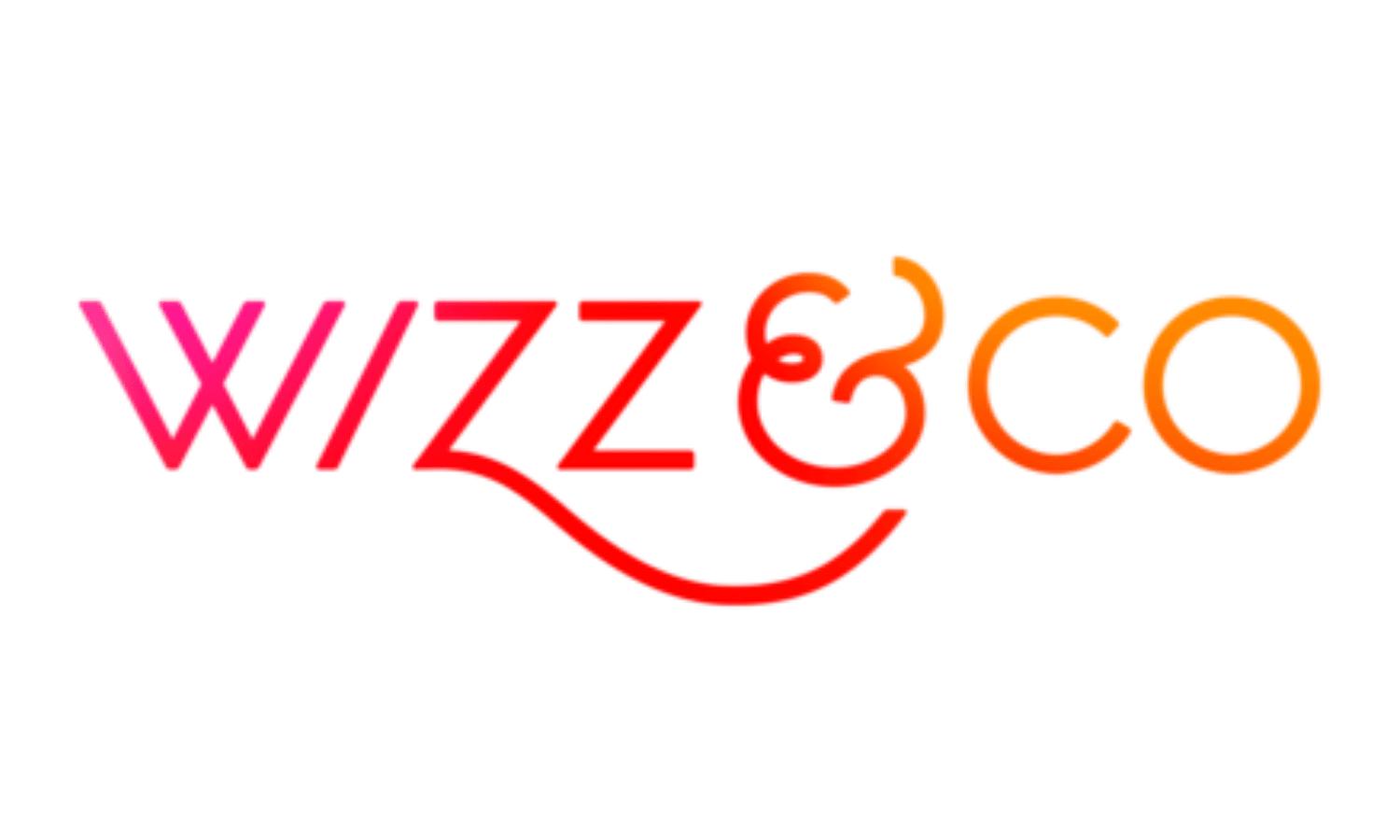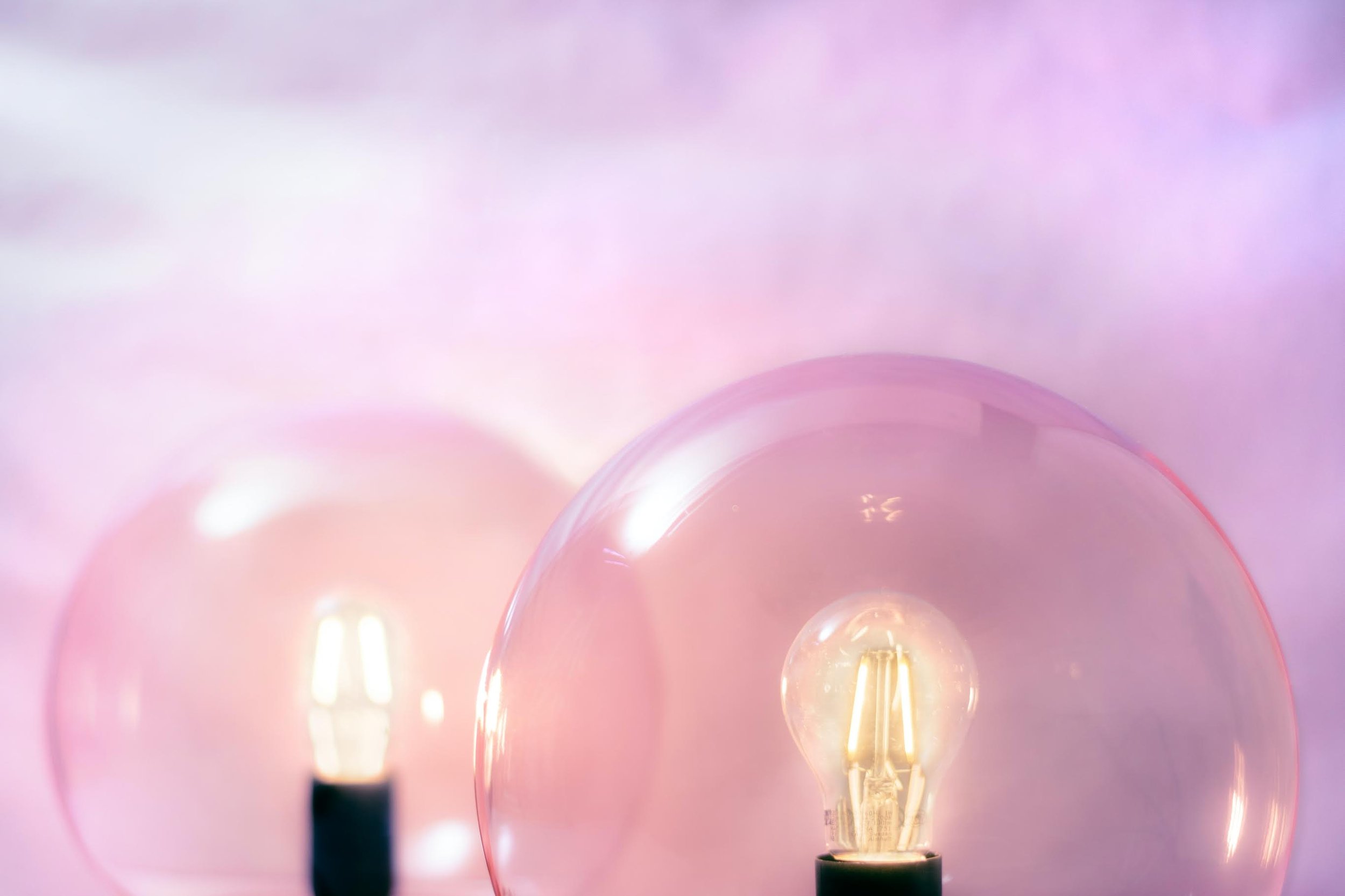This is the consumer trend you need to watch out for in 2022!
There’s no denying that the last two years have well and truly shaken up the retail space! From lockdowns, mask-wearing shopping trips and working from home, to restrictions lifting again, it’s been a bit of a rollercoaster.
You’re definitely not alone if you’ve been left feeling slightly bewildered. What should we expect from consumers going forward, after this absolute whirlwind?
Of course, every set of consumers is different and, if there’s one thing that my 12 years working at Selfridges taught me, it’s that keeping your customers at the centre of your strategy is key. However, there are certainly some core themes and trends that are likely to be huge across almost all retail spheres.
The new “roaring 20s” are upon us. Let’s see what this means…
Conscious consumerism is more than just a trend
I have talked about this many times and the topic continues to evolve and it feels more relevant than ever. People are really thinking about when and how they spend their money. Consumers are generally falling into two (very different) camps: Some have money saved after lockdown and are ready to splash the cash! Others are penny pinching.
However, whether people are spending lots or a little, there’s one clear theme: They’re investing in themselves! They’re using their cash on purchases that truly benefit them, as opposed to just “meaningless stuff”. When they buy, they’re looking for a deeper meaning, both to them and within society.
Ultimately, consumers are valuing their time more than ever. When they buy from a brand, they’re considering how it can improve the time that they have. A luxury that money really can’t buy.
What does this mean for brands? It means it’s time to think about three key things: Sustainability, luxury and transparency.
Sustainability is here to stay
Sustainability, across all sectors, has become crucial, as people revisit their wardrobes, cupboards, and give new life to things they might not have used since before the pandemic.
The shift towards being a more conscious consumer isn’t just about how an item relates to consumers personally, but how it relates to the wider world also. People are more aware of things like plastic waste, water pollution, carbon footprints and the myriad of other considerations that come with buying literally any product! The pandemic, for lots of us, has shone a light on just how important the outside world is to us.
So, it’s perhaps no surprise that there’s been a step away from planet-damaging fast fashion and a step towards lowered, ethical consumption methods such as the resale and hire markets.
Some companies have been quick to jump on this shift, which is exciting to see. For example, many are trying to lower online returns to reduce waste. This means that there’s a need for better accuracy in terms of fit whilst online clothes shopping. We all know how frustrating it is when a single brand has a whole host of different fits, right? That's why AI-based companies True Fit and Virtusize are using the power of tech to help brands provide accurate sizing for customers. Plus, I even spotted the brand Tailr, who seem to be looking at the end-to-end production within fashion to solve sizing issues.
However, being more eco doesn’t have to mean filling your site with tech. It could just be as simple as evaluating your delivery. Could you offer a carbon neutral option? Or consider using biodegradable packaging?
Do what you can for your stage of business. I’ve seen growing brands focus so much on sustainability or trying to make every correct choice to the detriment of sales. The truth is, the quicker you can gain more profit, the sooner you can make an IMPACT.
2. The definition of luxury is changing
In my opinion, the face of luxury is changing. It’s no longer all about the price tag and visuals, it’s just as much about the experience! Consumers are reconsidering what’s valuable to them, in the wake of a slightly new way of life and of shopping. Wellness and beauty categories are on the rise, as people invest in themselves and their wellbeing.
This might present a challenge for brands, but if they can create connections with their shoppers, on a deeper level, through experiences, this is certainly a big opportunity to increase market share and grow.
I’m excited by new categories emerging within luxury: Fancy deodorant, posh detergent - you name it! The key is time and helping consumers to turn moments that are usually mundane into a sensory experience that allows them to be fully present.
Fragrance is another really exciting space, as during lockdown these sales increased fourfold online. People have begun to treat fragrance as something to act as a comfort for themselves in a time of need, rather than for others around them,
Brands need to keep this shift towards a new type of luxury in mind. One simple way to do this is through marketing: How can you position your products as a way to add meaning and connection within people’s lives? And then how can you get across this value to them? This deeper connection will generate more sales and loyal customers. Developingthese sorts of strategies is one of my favourite things to do, so do get in touch if you need help!
3. Transparency is the new black
At the start of January the CMA (Competition and Markets Authority) announced a new claims code. This code was created in opposition to rampant “greenwashing” within the beauty industry. Countless brands are claiming that they are “sustainable”, “ethical” and “green”, but there are very few legal definitions of these terms. This is becoming increasingly confusing for customers who, as discussed, are more keen than ever to really understand what they’re purchasing and why.
This also links back to when the advertising standards agency brought in new legislation in early 2020. They made strict rules about influencers and large social media accounts, forcing them to clearly declare any paid partnerships, sponsorships or brand gifting.
Ultimately, this year will see even more of a push towards transparency. Brands should consider how they can clearly communicate facts about their supply chain, materials and working conditions. It may also be a good time to invest in certifications such as becoming B-Corp certified, if accessible for your stage of business.
Big brands have already taken note of the need to step into transparency, with the formation of the EcoBeautyScore Consortium. This is a collaboration between companies such as LVMH, L'Oreal, Unilever and Henkel, where they share knowledge and innovation. This is a fantastic, and much easier, way to get the ball truly rolling for 'masstige' sustainability. This group has put their heads together about their Environmental Impact Systems, in a voluntary group, to which any and all other brands are invited to join. Talk about being open and honest! The only way to truly impact change is through a united effort.
The takeaway? Put your customer’s new values first
One survey found that 64% of people invest based on their beliefs and values and that 58% will buy or advocate for brands for the same reason. Plus, 52% expect businesses to do more to fight climate change and 49% want businesses to do more to tackle economic inequality.
With this rise in conscious consumerism in mind, brands need to start focusing on the one thing that you cannot buy: Time.
Strategies need to be focused on creating connection and understanding, community and true value to consumers, not just on selling products.
Want some more help?
if you want some help to accelerate your brand’s growth this year, get in touch! I’d love to share tailored market insights to help you to stand out and scale and get clear on how you can use better serve your customers.



